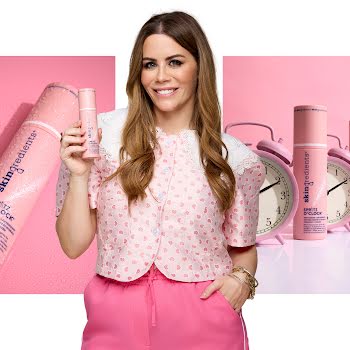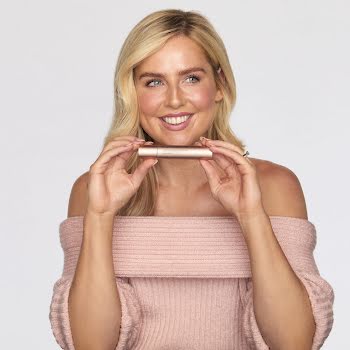
By Orla Neligan
09th Feb 2018
09th Feb 2018
“I’m a big believer in balance and moderation when it comes to food,” notes Elsa Jones, a qualified nutritionist and author of bestselling book Goodbye Sugar. Elsa runs one-to-one nutrition consultations in her clinic in Dublin, and has launched a series of online nutrition and weight loss programmes. She will also be presenting a series of mind-body weight management workshops called “Love Yourself Well” with clinical hypnotherapist Fiona Brennan, which will focus on conquering emotional eating through self-love and care. “Good nutrition doesn’t have to be complicated or time-consuming, and we can all have a little of what we fancy as long as we eat healthily 80 percent of the time.” A working mother herself, she is all too aware that between work commitments, motherhood and general lifestyle demands, it can be hard to look after our own physical and mental health. “Self-care is equally important in maintaining good mental and physical health.”
WELLBEING PHILOSOPHY
You can’t pour from an empty cup. Self-care isn’t selfish, it’s necessary. A healthier me is better able to care fro those depending on me.
GET THE BALANCE RIGHT
I encourage clients to use the “healthy eating plate” as a visual guide – filling 1/4 of your plate with protein-rich food (chicken, sh); 1/4 with healthy carbohydrates (brown rice, quinoa, root vegetables); and the remaining 1/2 with non-starchy vegetables.
MODERATE CAFFEINE AND ALCOHOL
Too much ca eine can rev up stress hormones like adrenaline and cortisol, leading to increased anxiety and poor sleep. Women should also limit themselves to no more than 14 units of alcohol per week (e.g. seven 175ml glasses of wine) and not binge drink in one sitting. Alcohol breaks down into sugar very quickly and so often gets stored as fat, particularly around the middle.
MORNING RITUAL
I start every day with a mug of warm water with lemon, which makes me feel entitled to my 10.30am ritual of a flat white coffee.
DON’T FEAR FAT
Essential fatty acids are necessary fats that our bodies cannot synthesise, so must be obtained through diet. To boost omega 3 intake, add 1-2 tbsp of ax, chia or hemp seed to your food per day. And aim to eat oily fish twice per week or take a fish oil supplement.
LOWER YOUR SUGAR INTAKE
Cutting back on the treats and learning how to read food labels so you can choose lower sugar versions of the foods you like will help reduce the intake. It’s useful to know that one teaspoon of sugar weighs four grams, so if a granola bar contains 16 grams of sugar you’ll know that equates to four teaspoons. Understanding food labels helps you make informed choices.
GET YOUR FIVE A DAY (AT LEAST!)
A third of us eat the recommended ve portions of fruit and veg per day (the average intake is 2.5 portions). Eat a rainbow every day – each colour offers a unique set of vitamins, phytochemicals and antioxidants that boost health and help protect from certain forms of cancer and heart disease.























